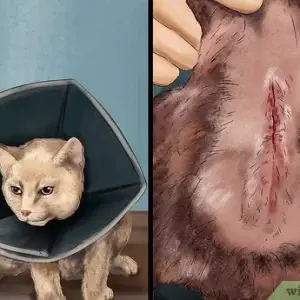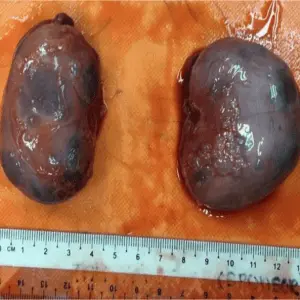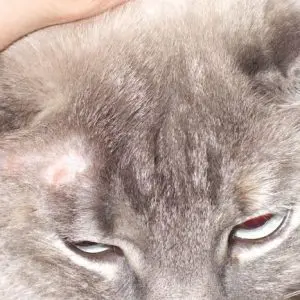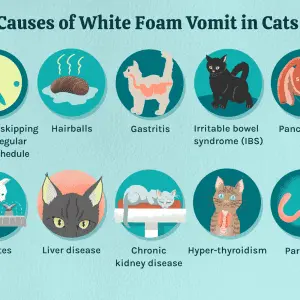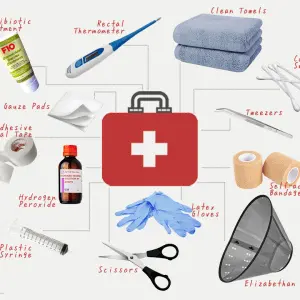Prevention
How to care for a cat after anesthesia?
First hours after surgery When taking the cat home after the operation, the owner needs to check with the doctor what features in the behavior of the animal should be paid attention to.…
Renal failure in cats
Renal failure is the most common kidney disease in cats of all breeds and ages. In the absence of timely treatment, death occurs a few weeks after the first symptoms of the disease.…
Polycystic kidney and ovary in a cat
Polycystic kidney disease In a cat that suffers from polycystic kidney disease, changes in the structure of the organ occur in utero; with the development of the body, cystic formations increase in size…
How to treat lichen in a cat?
The main causative agent of this disease in cats is the fungus Microsporum canis. This fungus can also cause skin lesions in humans: the disease is transmitted from a cat or dog to…
Optimal cat weight
In addition, breed weight standards are designed for healthy adult cats and do not take into account the characteristics of growing cats and cats of advanced age. For a more accurate assessment of…
Toxic plants for cats
Cats are curious animals, they love to explore the world around them. And home plants in this case literally become an object of desire: you can play with them, you can try on…
Cat vomiting. What to do?
Vomiting is a reflex process of eruption of the contents of the stomach and intestines through the esophagus and oral cavity, accompanied by intense contractions of the muscles of the stomach and abdominal…
First aid for a cat
If the cat is sick Usually the disease is manifested by lethargy, refusal to eat, vomiting or diarrhea, impaired urination, fever. In this situation, it is important to contact the veterinary clinic in…
The cat eats the earth. What to do?
Knowledge of the world around Kittens and young cats may taste the ground or chew on other non-edible items as part of normal exploratory behavior. In this case, it is desirable to switch…
Why does a cat often shake its head?
Ear mite infestation, or otodectosis This disease is caused by a microscopic parasitic mite that can live in the ear canal of cats, ferrets and dogs. The ear mite is easily transmitted by…

